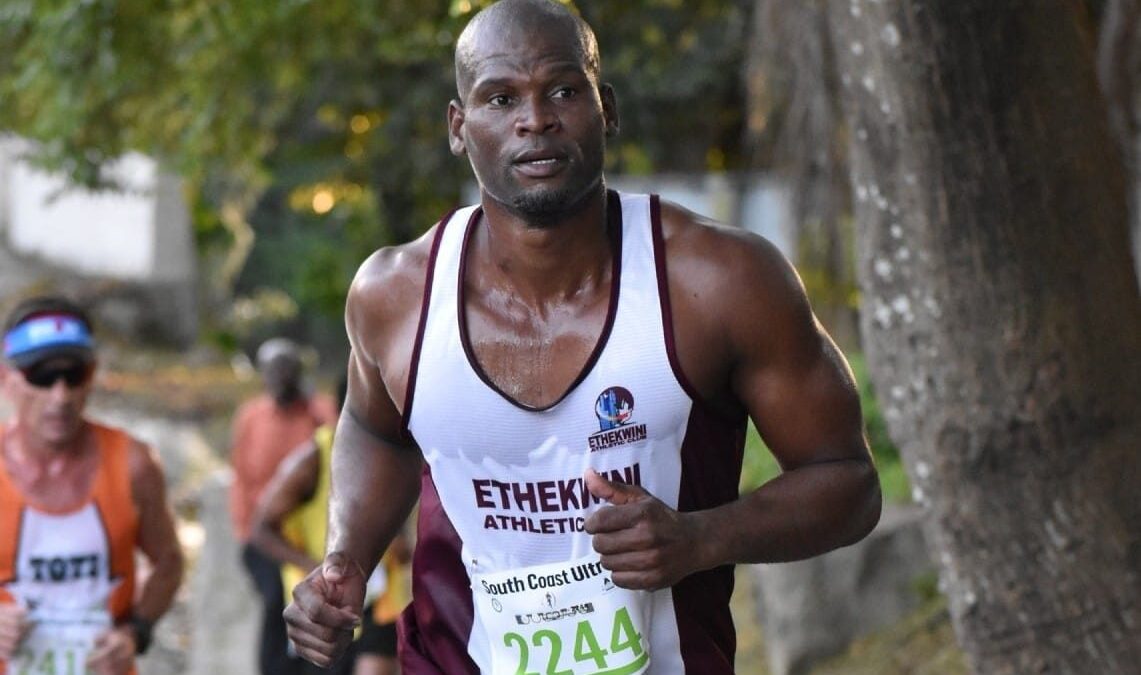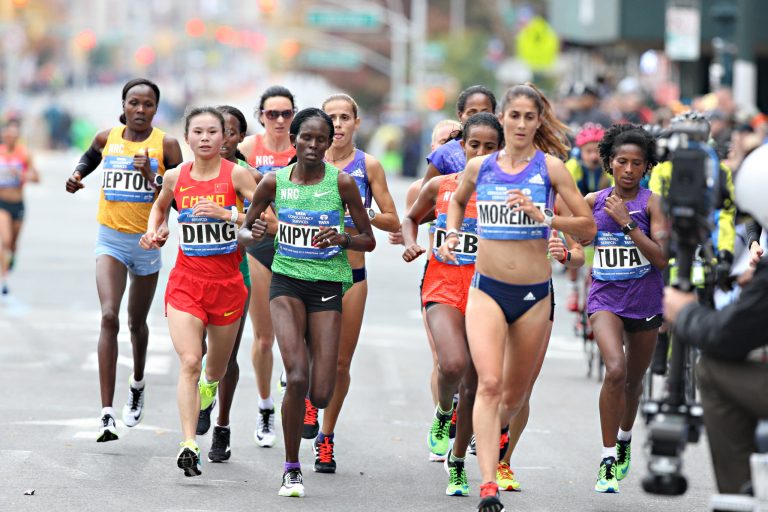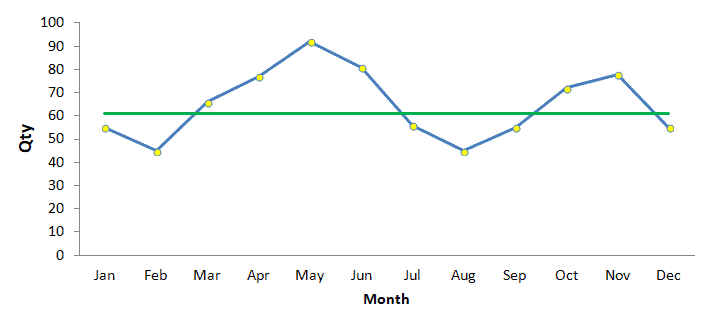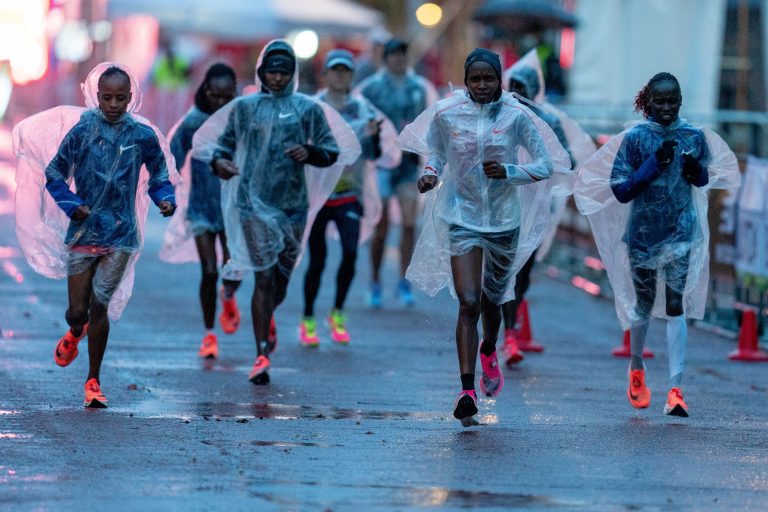Why Do Marathon Runners Die
Marathon runners may die due to extreme physical exertion and overheating during prolonged periods of intense exercise. The stress placed on the body can lead to heart attacks, dehydration, or hyponatremia, a condition caused by low levels of sodium in the blood.
In recent years, there have been several cases of marathon-related deaths, highlighting the risks involved in this demanding endurance activity. Understanding the potential dangers and taking appropriate precautions is crucial for both athletes and event organizers to ensure the safety and well-being of participants.
We will explore the various factors that can contribute to fatal outcomes in marathon running and discuss strategies to mitigate these risks.

Credit: www.nytimes.com
The Risks Of Marathon Running
Cardiac Events
Marathon running poses a risk of sudden cardiac events, affecting even seemingly healthy individuals.
Hyponatremia
Hyponatremia is a common threat among marathon runners due to excessive fluid intake, leading to dangerously low sodium levels.
Training And Preparation
Marathon runners’ deaths can often be attributed to inadequate training and preparation. It’s crucial for runners to gradually build their endurance, incorporate proper nutrition, and listen to their bodies to avoid potential health risks during the race. Ensuring a combination of physical and mental training is key to preventing such tragedies.
Training and Preparation When it comes to marathon running, an athlete’s training and preparation can make all the difference between success and tragedy on race day. Proper training not only helps improve endurance and performance, but it also plays a crucial role in ensuring the safety and well-being of the runner. In this section, we will delve into the various aspects of training and preparation that marathon runners should consider to reduce the risk of fatalities during races. Physical Evaluation Before embarking on a marathon training program, it is vital for runners to undergo a thorough physical evaluation. This involves a comprehensive assessment of their overall health and fitness level, which can help identify any underlying medical conditions or risk factors that may increase the likelihood of complications during a marathon. Factors such as age, cardiovascular health, and muscular strength should be taken into account to determine the suitable training intensity and volume for each individual. Hydration and Nutrition Proper hydration and nutrition are paramount for marathon runners to maintain optimal performance and prevent health issues during a race. Hydration, in particular, plays a crucial role in regulating body temperature, preventing dehydration, and maintaining cardiovascular function. Adequate fluid intake before, during, and after a marathon is essential to ensure the body can perform at its best. To stay well-hydrated, runners should establish a fluid intake plan that accounts for both water and electrolyte replenishment. Monitor body weight before and after training sessions to assess fluid loss and adjust hydration strategies accordingly. Additionally, incorporating a balanced diet rich in carbohydrates, proteins, and healthy fats is vital for sustaining energy levels and promoting muscle recovery throughout the training period. Remember that nutrition and hydration strategies may vary depending on individual needs, so it is crucial for marathon runners to consult with a qualified nutritionist or sports dietitian to develop a personalized plan that optimizes their performance and reduces the risk of complications. In conclusion, proper training and preparation are key to ensuring the safety and success of marathon runners. By undergoing a thorough physical evaluation and implementing effective hydration and nutrition strategies, athletes can minimize the risk of fatalities associated with marathon running. Remember, it is always better to be proactive and prioritizing safety rather than facing dire consequences later.Medical Support And Emergency Response
Medical support and emergency response are crucial factors when it comes to marathon running. The strenuous physical activity involved can sometimes push the human body to its limits, and having efficient medical teams and emergency procedures in place is essential to ensure the safety of participants.
On-site Medical Teams
On-site medical teams are a vital part of any marathon event. These teams consist of highly trained healthcare professionals who are experienced in dealing with the medical needs of runners. They are strategically stationed along the race route and at the finish line to provide immediate medical attention if required.
These medical teams are equipped with the necessary tools and supplies to handle various medical emergencies that can arise during a marathon. They are trained to assess and treat common issues such as dehydration, cramps, and heat exhaustion.
Moreover, these medical teams are also prepared to handle more serious conditions like heart attacks, which can unfortunately occur during a race. Immediate medical intervention in such cases can make a significant difference in saving a runner’s life.
Early Warning Signs
Recognizing the early warning signs of medical distress is crucial in preventing serious complications during a marathon. It’s important for both runners and medical personnel to be aware of the symptoms that may indicate a potential health issue.
These warning signs can include symptoms such as dizziness, confusion, chest pain, extreme fatigue, excessive sweating, and difficulty breathing. Runners experiencing any of these symptoms should immediately seek help from nearby medical personnel.
Medical teams are trained to swiftly assess the situation and provide appropriate treatment. In some cases, it may be necessary to transport the runner to a nearby medical facility for further evaluation and care.
By promptly recognizing and addressing these warning signs, medical teams can prevent potentially life-threatening situations and ensure the well-being of marathon participants.

Credit: www.nytimes.com
Race Conditions And External Factors
When examining the unfortunate occurrences of marathon runners passing away during races, one must consider the significant impact of race conditions and external factors. These elements play a crucial role in the health and safety of participants.
Heat And Humidity
Extreme heat and high humidity levels can pose serious risks to marathon runners. The combination of these factors can lead to dehydration and heat-related illnesses.
Overcrowding
Overcrowding at marathon events can create a chaotic environment where runners may struggle to maintain their pace. It increases the likelihood of collisions and tripping hazards.
Preventive Measures And Safety Guidelines
When it comes to marathon running, it’s crucial to be aware of the potential risks involved and take preventive measures to ensure a safe and healthy experience. By understanding the personal health awareness and the responsibilities of race organizers, marathon runners can minimize the possibility of accidents and health issues. Let’s explore some essential preventive measures and safety guidelines to promote the well-being of all participants.
Personal Health Awareness
Prioritize your personal health and well-being before participating in a marathon. It’s vital to consult a healthcare professional and undergo a thorough medical evaluation to ensure that you are physically prepared for the demands of a marathon. Maintain a balanced diet and stay properly hydrated to support your body through rigorous training and the actual race. Listen to your body and address any warning signs or symptoms of potential health issues promptly to avoid complications during the marathon.
Race Organizers’ Responsibilities
Race organizers play a pivotal role in ensuring the safety of all participants. They must implement comprehensive safety protocols and guidelines, including adequate medical support, hydration stations, and emergency response measures. The course should undergo thorough inspection to minimize potential hazards, and organizers should communicate the course conditions effectively to the runners. Furthermore, race organizers must prioritize the well-being of participants over competitive objectives, promoting a supportive and safe environment for all marathon runners.
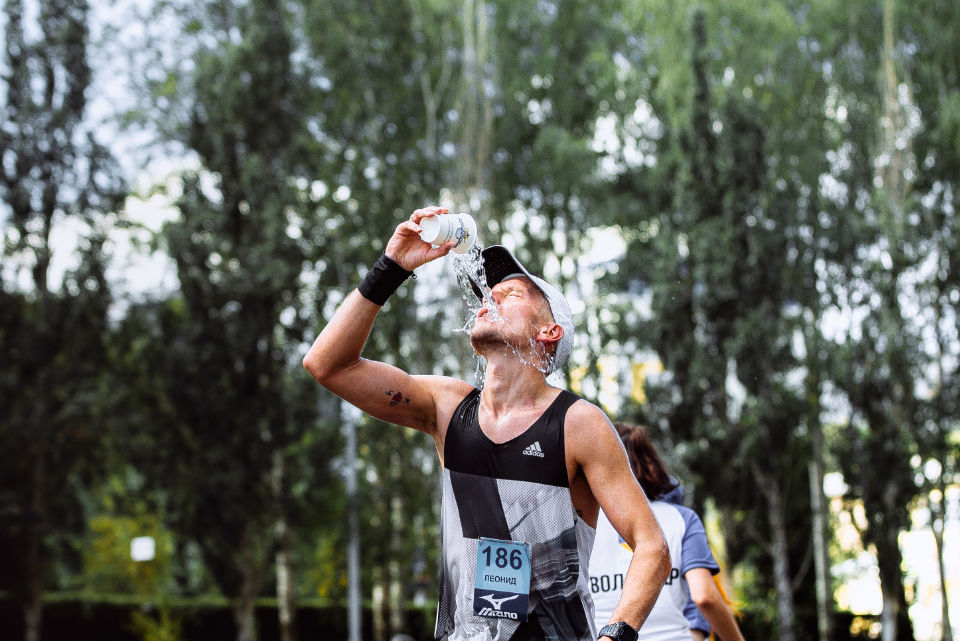
Credit: www.runsociety.com
Frequently Asked Questions On Why Do Marathon Runners Die
Why Can A Runner Die After A Marathon?
A runner can die after a marathon due to exertion leading to heatstroke, heart failure, or dehydration.
What Causes Marathon Runners To Collapse?
Marathon runners can collapse due to various factors like dehydration, overexertion, heat stroke, or underlying medical conditions. These issues hinder the body’s ability to regulate temperature, maintain hydration, and supply oxygen to muscles, leading to fatigue and collapse. Proper training, pacing, and adequate hydration are crucial in preventing such incidents.
Why Do Marathon Runners Have Heart Attacks?
Marathon runners may have heart attacks due to the extreme physical exertion, dehydration, electrolyte imbalance, and underlying heart conditions.
Conclusion
While marathon running has numerous health benefits, it’s crucial to be aware of the potential risks involved. Understanding and respecting one’s body’s limits, proper training, and seeking medical advice can help prevent tragic outcomes in the marathon community. Stay informed and run responsibly.

